- Directory
- GUERIN Clément
GUERIN Clément
Faculty - Université de Bretagne Sud

Clément Guerin is an assistant professor at the Université Bretagne Sud (Lorient, France).
He received his Ph.D. degree in psychology and cognitive ergonomics from the Université Rennes 2 in 2012. He conducted his doctoral research at the IRCCyN Laboratory (LS2N), a CNRS-affiliated laboratory (UMR 6004), in the PsyCoTec team and was supervised by Jean-Michel Hoc (Formerly Research Director at CNRS).
He joined the Lab-STICC Laboratory in 2013.
He teaches courses in Ergonomics, Occupational Health and Safety Management, Human reliability at the Engineer School of South Brittany (ENSIBS). He was the head of the ENSIBS 4.0 Industrial Engineering Department (co-director from 2015 to 2017 and director from 2017 to 2020).
His main research topic is human-machine cooperation and especially the processes of elaboration and maintenance of a "common ground of reference" (COFOR) between human and technological agents.
His research works aim to study how the human-machine dialogue could be enhanced and operationalized in various application domains: production activities of Industry 4.0 (cooperation with cyberphysical technologies – e.g., cobots collaborative robots) or predictive maintenance activities of Industry 4.0 (cooperation with artificial intelligence), smart home for seniors or people with disabilities for assistance in their daily activities (cooperation with assistant virtual agent – e.g., cooking).
More specifically, he studies human-machine dialogue using the framework of information transparency between cooperative agents. He analyses, in his research works, the impact of intelligent system’ transparency settings upon human performance, trust in the intelligent system, mental workload (or cognitive cost), and situation awareness. Transparency settings could facilitate adaptation of human-machine systems and could have a positive impact on issues of trust and acceptance.
He was involved in the following projects ANR TAPAS, AMELIS, ANR HUMANISM, PIA ADEME SEANATIC, ANR RODIC
He is currently an elected member of the Board of Directors of the French Association in cognitive ergonomics ARPEGE (Association de Recherche en Psychologie Ergonomique et Ergonomie)
Within the ARPEGE association, he is currently co-head of the Human Factors commission for future systems.
He is currently an elected member of the Board of Directors of the French engineer school ENSIBS (South Brittany University National Engineering School )
